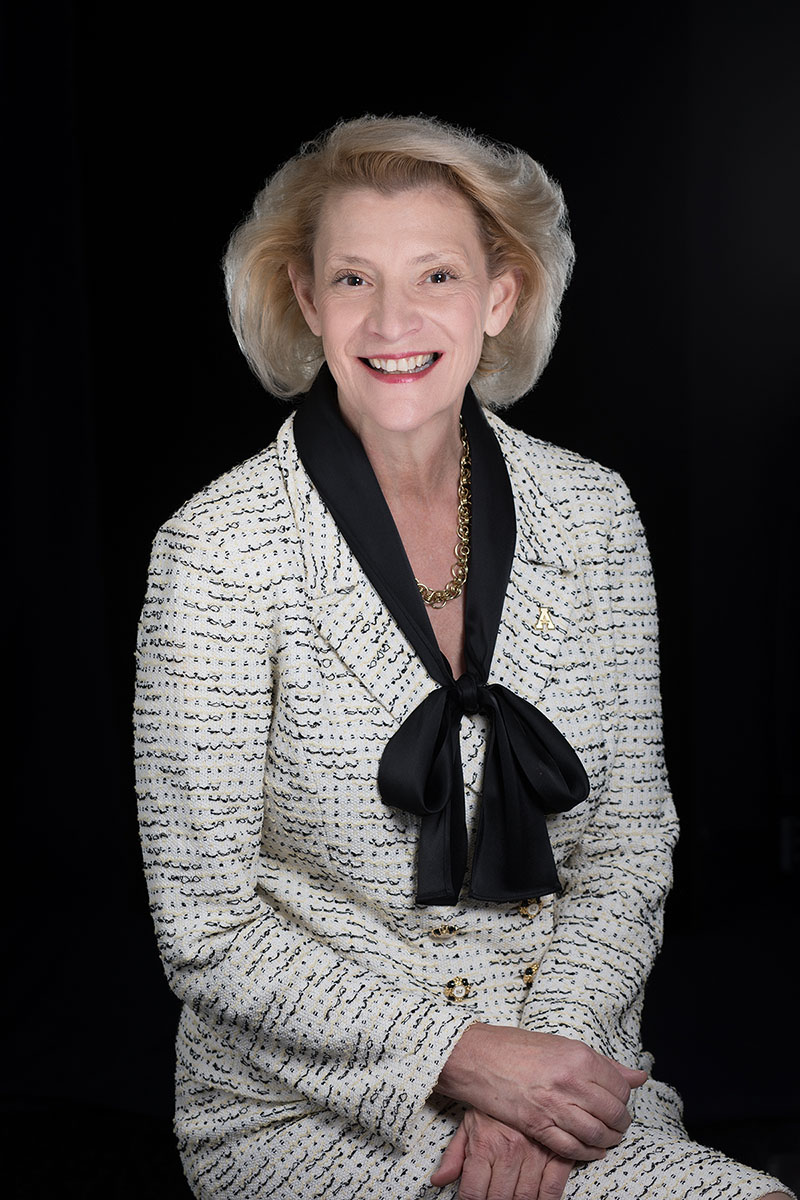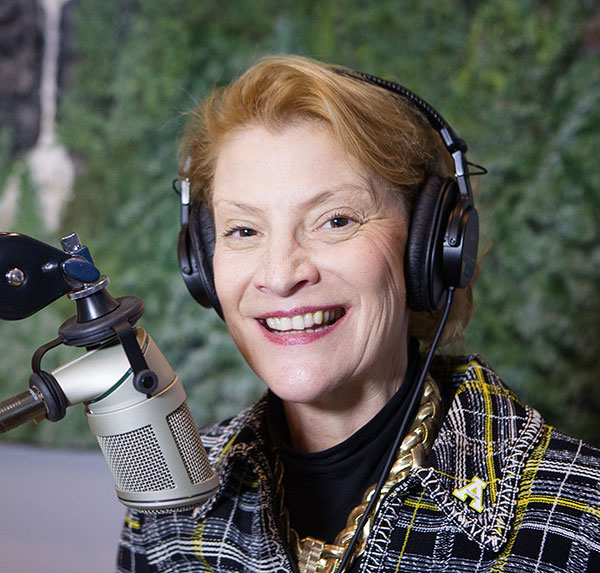Campus diversity update
Dear Appalachian Community:
This month marks the end of our academic year and provides an opportunity for us to reflect and evaluate the progress on our diversity priorities. I thank this community for its dedication to moving forward to navigate the challenges we face together. As our campus addresses the repercussions of HB2, I continue to share my belief that university campuses should stand as beacons of acceptance and inclusion. I thank this community for joining me in working to ensure the protection of our diverse community and to value each individual within it.
Each of us has a role in ensuring and supporting diversity at Appalachian. However, over this past year, it became evident to me that we needed additional leadership positions dedicated to this critical priority. On May 16th, Dr. Willie C. Fleming joins our university as Chief Diversity Officer. The Chief Diversity Officer reports to the Chancellor and is responsible for developing, implementing and overseeing the university’s efforts to strengthen diversity. The Chief Diversity Officer provides vision, leadership, coordination, and strategic planning for the design and implementation of a university-wide initiative to ensure diversity, equity and respect for all faculty, staff, and students. In addition, Dr. Fleming will dedicate one quarter of his time to counseling. Dr. Fleming will also work in partnership with Associate Vice Chancellor of Equity, Diversity and Compliance Bindu Jayne who, among other responsibilities, provides advice and counsel to academic and administrative units and university constituencies on all matters related to affirmative action, equal employment opportunity, nondiscrimination policies, and Title IX.
Dr. Fleming comes to Appalachian from Gardner-Webb but has a deep connection and history with our campus. Fleming is an Appalachian alumnus and a former minority student advisor and director of African-American Students, founder of the Appalachian Gospel Choir and the Black Student Association, and a founding member of the Black Faculty and Staff Association. Fleming also was instrumental in bringing Black Greek Life to Appalachian and was a charter member of the Pi Nu Chapter of Alpha Phi Alpha Fraternity. He has remained actively connected with alumni and the Willie C. Fleming Endowment Fund was established in 2011 to support qualifying first year students who demonstrate a desire to promote cultural diversity and a verifiable need. Please join me in welcoming Willie back to campus.
As we began the academic year in August 2015, a campus message shared fourteen recommendations from the Chancellor’s Commission on Diversity I charged our campus with implementing. Now at the close of the academic year, I wanted to take this opportunity to provide an update on the progress of this implementation and provide information about the new programs and processes that will roll out in the fall. I realize this is lengthy message but, as diversity is a critical university priority, I want to be very transparent about our progress.
-
Engage a consultant to provide education to all supervisors on the topic of creating an inclusive campus.
Approximately forty possible consultants underwent a vetting process and a short list has been created. The expectation is to be able to finalize the arrangements this summer and roll out the education in the fall. In the interim, over the past year, the Office of Equity, Diversity and Compliance has completed workshops on unconscious bias to over 1,000 students, faculty and staff members with several additional workshops still remaining over the next four months.
-
Implement a bias incident response process. This recommendation was provided not only by this year’s Commission, but also the preceding Taskforce on Diversity.
A bias incident reporting protocol has been developed and is monitored by a bias incident response team comprised of faculty and staff members, including representation from the Faculty Senate, Dean of Students Office, Multicultural Student Development, and the Council of Chairs. An online reporting form was also developed and can be found at http://bias.appstate.edu.
-
Create an online search committee compliance module.
The module will be finalized this summer and be rolled out this fall. This module will be used to educate search committee chairs on the compliance parameters governing the search process.
-
Related to the item above, another proposal recommended that search committees be provided face-to-face education about the ways implicit bias can affect search processes.
All in-person search committee meetings conducted by either the Office of Equity, Diversity and Compliance now include a section focused on concrete steps for diversifying applicant pools and the effects of bias in the search process. Using feedback from these meetings, the materials are being updated this summer.
-
Expansion of the exit interview process.
The exit interview process will be offered to all departing employees beginning in the fall. The exit interview instrument was updated to capture more climate and identity-based questions and will be fully implemented in the fall.
-
Creation of a formal mentoring program for students from underrepresented groups.
The L.E.A.D program (Linking Education and Diversity) was revamped and expanded its mentoring program to include more students. This program has been spearheaded by the Office of Multicultural Student Development.
-
Increase awareness of university policies and student conduct processes related to individual and group harassment and discrimination.
The Office of Equity, Diversity and Compliance presented on this topic to a number of student groups, including the Multicultural Presidents Roundtable.
-
Assess the feasibility of a complete implementation of the holistic review process in admissions. This proposal would expand the breadth of the holistic review process that admissions currently engages in when reviewing applications for incoming students.
The holistic review process in admissions was expanded even further from its pilot season in 2015.
-
Translate admissions materials into Spanish and provide informational sessions and campus tours in Spanish catering to families for which Spanish is the primary language in the home. Survey prospective students to assess whether there is a need to provide such services in additional languages.
On request both admissions presentations and campus tours are offered in Spanish. Further, in a collaborative effort the Office of Admissions has developed a virtual campus tour to allow students who may be unable/unwilling to travel to Boone, the opportunity to “visit” campus that is offered in English, Spanish and Mandarin Chinese.
-
Formalize relationships with secondary schools and community-based organizations in areas with a greater density of underrepresented populations.
Using the Gadugi Initiative (led by faculty member, Dr. Allen Bryant) as a foundational program, conversations have been occurring to determine what schools and community-based organizations can be connected to the work of our faculty members.
-
Implement a strategy that provides access to hair services for students of color.
We have identified stylists of color that provide haircare services for textured hair in Boone. We hosted a luncheon for one of the stylists to meet students of color to provide information about her hours, services and costs and we are currently in conversation with an Appalachian alumnus who owns a local hair salon about expanding her salon’s services.
-
Conduct a campus climate survey every three years and annual focus groups to assess the inclusive nature of the campus.
This initial climate survey would be expected to occur in another year.
-
Identify and reward initiatives pertaining to outstanding work in the field of diversity by individual students, faculty and staff, student groups and departments/units on campus.
The Office of Multicultural Student Development holds annual MSD awards to honor the work of students and student groups dedicated to ideas of diversity, equity, inclusion and social justice. Faculty-focused honor have not yet been established.
-
Revamp and restore the faculty fellows program in order to better recruit faculty members with a demonstrated commitment to diversity in their respective areas of study.
Academic Affairs is assessing options related to more intentional recruitment efforts for faculty members from underrepresented populations.
In closing, I thank the campus for your commitment to a diverse, inclusive, safe and supportive environment for all members of our community. I congratulate our soon-to-be newest alumni and commend you all for everything you do for Appalachian each and every day.
Sincerely,

Sheri N. Everts
Chancellor

